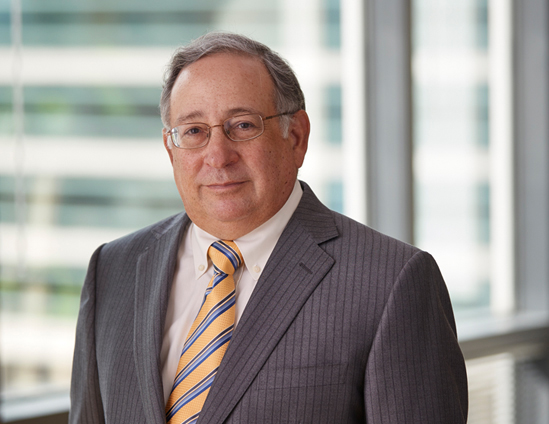One common observation about the first presidential debate—from all parts of the political and media spectrum—was that it was chaotic, marked by constant interruptions. While there is little that can be done to assure the candidates substantively address the issues when they do have the floor, there’s an easy fix for the problem of the candidates speaking over one another—turning off the microphone.
With many years of academic debate as a participant, as a coach, and now as chair of a national organization promoting debate, I can say that the first rule of debate is that you must let the speaker speak, and then you answer when it is your turn.
Interrupting the speaker, contrary to what one may think from seeing British parliamentary debates or exchanges in the House of Commons, is not the norm in academic debate, formal argument such as in courts of law, or in deliberative assemblies in America.
The presidential debaters can learn from academic debates that occur throughout the country in high school and college debate tournaments each weekend. Interrupting the speaker is considered such bad form that it will result in loss of speaker points, and, if done repeatedly, loss of the debate.
The same is true in courts of law. In 35 years of practice involving appellate arguments all over the country, I cannot think of one example of a lawyer interrupting his or her opponent’s appellate argument. This is so well established a principle it is not even necessary to appear in the rules of appellate procedure. If a lawyer sought to interrupt, I have no doubt that the appellate judges would provide a stern admonishment and there would be no repeated infraction.
In state legislatures and in Congress, despite intense and heated debates, there is a clear understanding as to who has the floor and opponents must wait to be recognized by the presiding officer. Even junior high school students in mock student congress learn not to interrupt the speaker.
And it is all of us, the voters, that are the biggest losers when a presidential debate degrades into a brawl.
Microphone Control Is Key
It does not have to be this way. The Commission on Presidential Debates (CPD) should equip the moderator with control over the candidates’ microphones, and direct the moderator to use that control to avoid interruptions of the speaker.
When one candidate has the floor, the other microphone is turned off. While it may be necessary to station the debaters farther apart so that if the candidate’s microphone is off, an interruption will not be picked up by the speaker’s microphone, that is a small price for a more orderly debate. This approach is similar to what many of us throughout the country are experiencing everyday on Zoom and other virtual platforms, where the host has the ability to mute and unmute other participants as appropriate.
Fortunately, the CPD recognizes that there is a problem that needs to be addressed. On Sept. 30 it announced “that last night’s debate made clear that additional structure should be added to the format of the remaining debates to ensure a more orderly discussion of the issues. The CPD will be carefully considering the changes that it will adopt and will announce those measures shortly.”
Whatever other structural changes the commission makes, giving the moderator control over the microphones is essential. Without a way of preventing the speaker from being interrupted, no other improvements to the debate format will be meaningful.
Regardless of where one stands politically, the very idea of a democracy entails a willingness to listen to the other side. Presidential debates should be a shining example, not a chaotic exception, to this principle. In earlier years, it may not have been necessary to give the moderator control over the microphones, but after last night, the need for that control should be one point on which we can all agree.
This column does not necessarily reflect the opinion of The Bureau of National Affairs, Inc. or its owners.
Stuart Singer is the current board chair of the National Association for Urban Debate Leagues (which promotes debate programs for urban high school youth) and won the 1978 national college debate championship. The opinions expressed in this column represent those of the author only and do not necessarily reflect the opinion of Boies Schiller Flexner or the National Urban Debate League.
Reproduced with permission from Copyright 2020 The Bureau of National Affairs, Inc. (800-372-1033) www.bloombergindustry.com.
